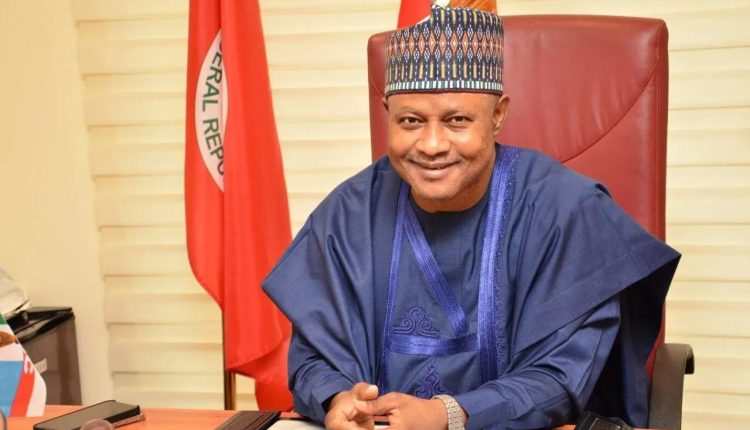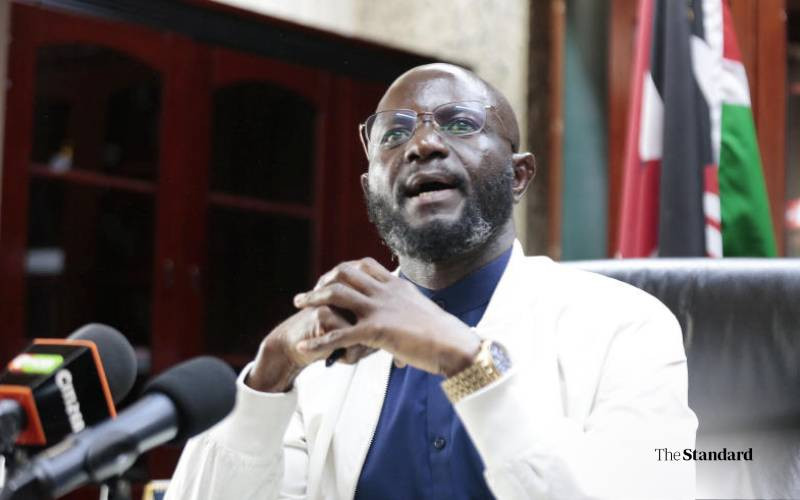Allegations of Budget Padding in the Nigerian National Assembly

BudgIT, a civic-tech organization focused on budget transparency and accountability in Nigeria and other African countries, has revealed that the National Assembly inserted 11,122 projects worth N6.93 trillion into the 2025 national budget. This figure constitutes 12.5% of the total N54.99 trillion budget signed into law by President Bola Ahmed Tinubu on February 28, 2025. The organization's report highlights concerns over the alignment of these insertions with national development priorities and the potential for misuse of public funds.
In December 2024, President Tinubu presented a proposed budget of N49.7 trillion for the 2025 fiscal year, themed “Budget of Restoration: Securing Peace, Rebuilding Prosperity.” The budget aimed to ensure macroeconomic stability, reduce poverty, promote economic growth, enhance human capital development, and address insecurity. However, in February 2025, the President requested an upward review to N54.2 trillion, citing additional revenue from key federal agencies.
The National Assembly further increased the budget to N54.99 trillion, raising the president’s revised proposal by N700 billion. BudgIT's analysis reveals that 238 projects, each valued above N5 billion and totalling N2.29 trillion, were inserted with little or no justification. Additionally, 984 projects worth N1.71 trillion and 1,119 projects ranging from N500 million to N1 billion, totaling N641.38 billion, were also indiscriminately inserted into the budget.
The report indicates that 3,573 projects worth N653.19 billion were directly assigned to federal constituencies, while 1,972 projects valued at N444.04 billion were allocated to senatorial districts. Questionable projects include 1,477 streetlight installations worth N393.29 billion, 538 borehole projects totalling N114.53 billion, and 2,122 ICT-related projects valued at N505.79 billion. Furthermore, N6.74 billion was earmarked for the “empowerment of traditional rulers.”
A significant portion of insertions, 39% or 4,371 projects worth N1.72 trillion, were added to the Ministry of Agriculture’s budget, inflating its capital allocation from N242.5 billion to N1.95 trillion. The Ministries of Science and Technology, and Budget and Economic Planning, also experienced inflated capital votes due to insertions, reaching N994.98 billion and N1.1 trillion, respectively.
BudgIT's findings also revealed that many Ministries, Departments, and Agencies (MDAs) were allocated projects outside their statutory mandates. The organization identified instances where agencies such as the National Centre for Agricultural Mechanisation, Ilorin, were allocated funds for projects like scholarships and health insurance schemes in specific senatorial districts, which fall outside their core responsibilities. BudgIT has called on President Tinubu to assert stronger executive leadership to ensure the national budget aligns with Nigeria’s development strategy.
The Senate has dismissed the report as the work of “dark angels of falsehood,” asserting that the 2025 Appropriation Bill was scrutinized and passed based strictly on the figures submitted by the executive. However, experts and analysts have voiced concerns over the implications of budget padding. Emeritus Professor of Economics, Ndubisi Nwokoma, described the development as reflecting deep-rooted corruption and institutional failure. He warned that the practice is unsustainable and could lead to the collapse of the system if not decisively addressed.
Dr. Aminu Hayatu, a political scientist, criticized legislators for abandoning oversight in favor of direct involvement in project allocation, undermining democratic accountability. Prof. Abubakar Kari, a political sociologist, called for legal clarity on the power of legislators to insert projects and advocated for a collaborative approach between the Executive and the Legislature in future budget cycles.
Civil Society Organizations (CSOs) have also condemned the National Assembly’s persistent insertions in the budget. Auwal Musa Rafsanjani, Executive Director of the Civil Society Legislative Advocacy Centre (CISLAC), described the practice as a “legalised way of illegally taking public funds for personal interest.” Comrade Toyin Raheem, Chairman of the Coalition Against Corruption and Bad Governance (CACOBAG), called the development a fundamental threat to Nigeria’s economic stability and democratic accountability, urging Nigerians to rise against the systemic manipulation of the national budget for private gain.
A source in the Federal Ministry of Budget and Economic Planning (FMBEP) defended the legislature's actions, stating that the constitution confers appropriation power on the legislature, making it inappropriate to label their actions as mere “insertion.” The source emphasized that the budget is a negotiated document between the executive and the legislature, and the executive was aware of the legislative alterations before assenting to them.







